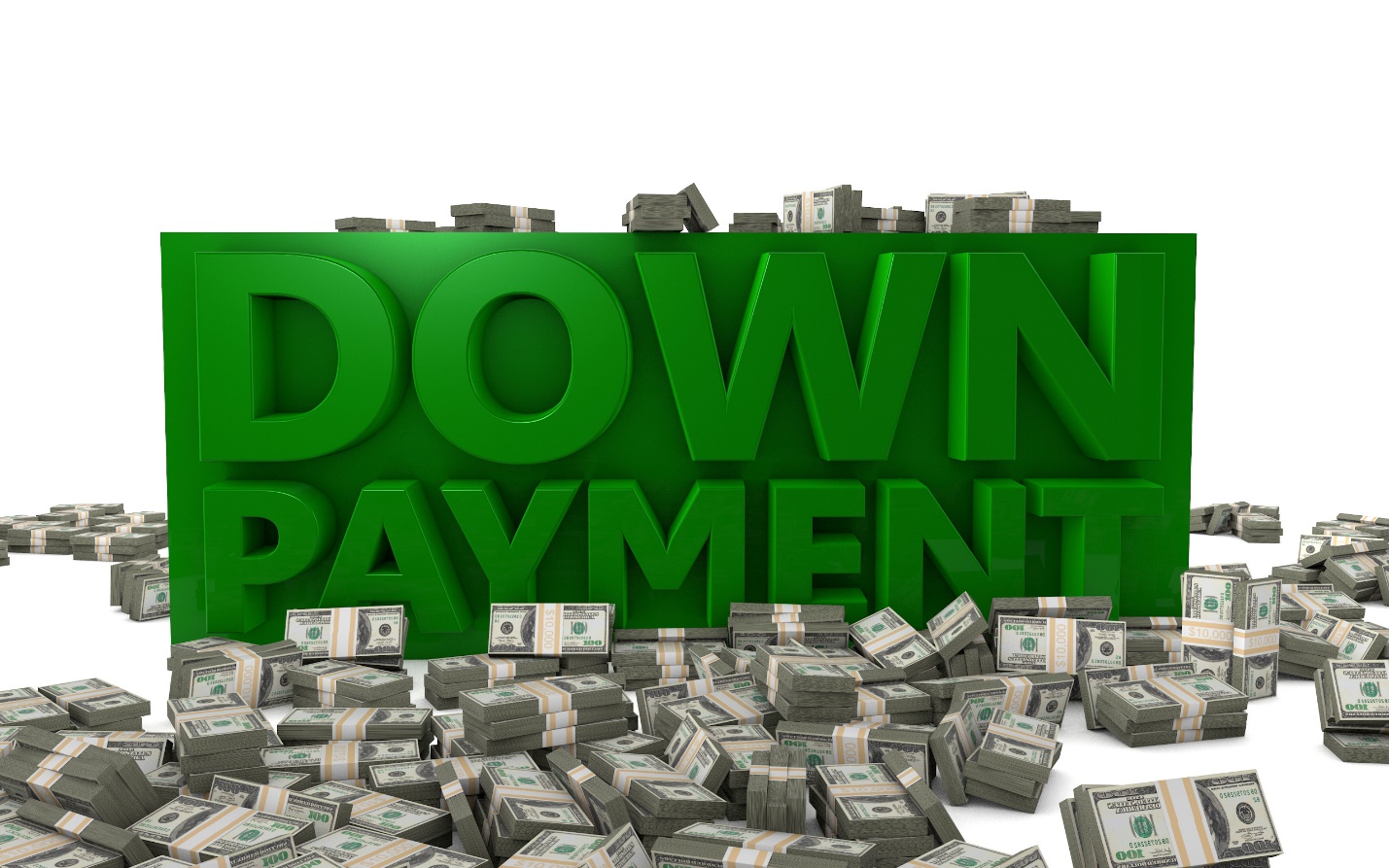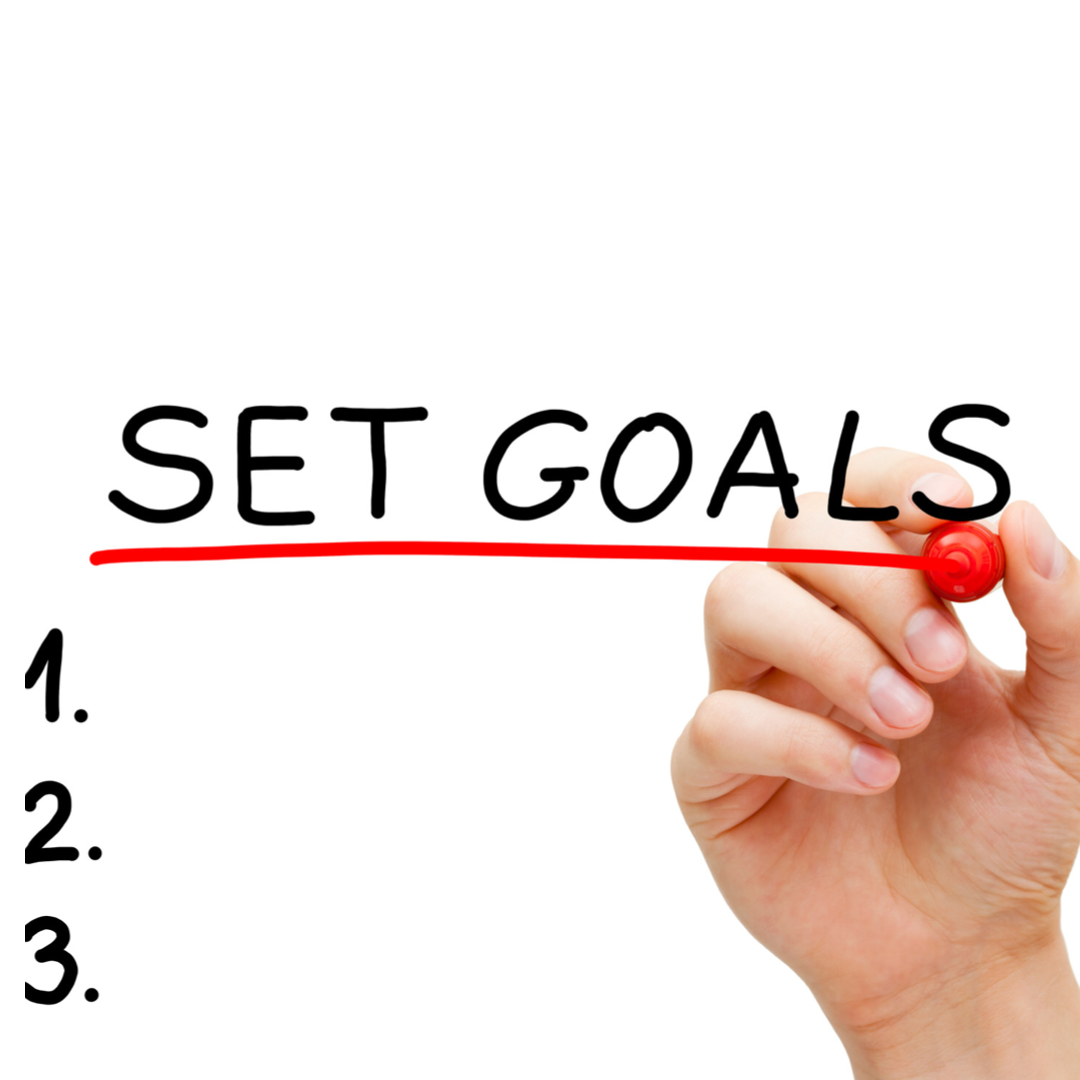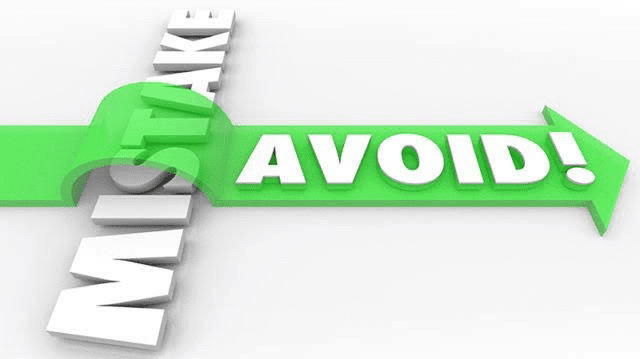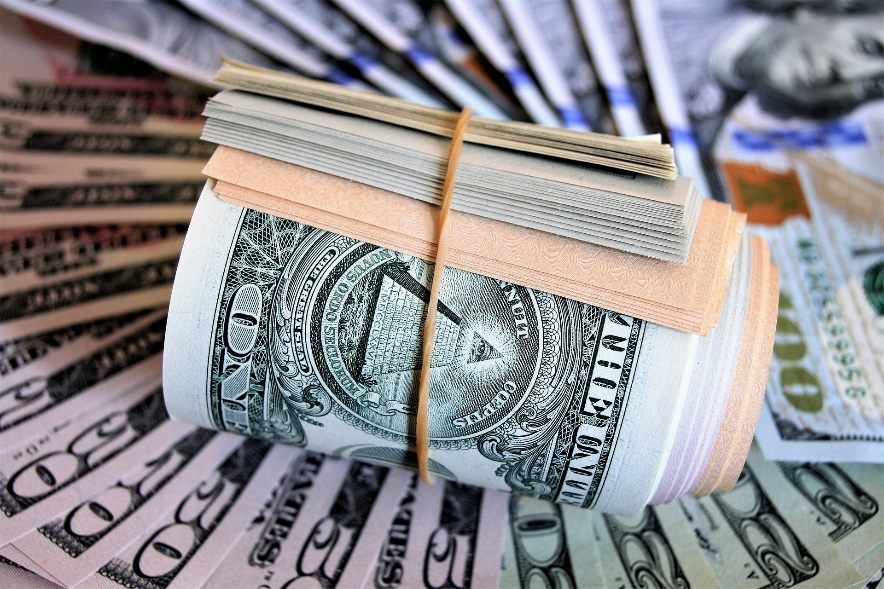
Purchasing a home is virtually always a significant life event, and determining a down payment is one of the first and foremost steps toward buying a house. Managing this particular expense well can prepare you for homeownership without it being a source of unnecessary pressure. Knowing the process and method of how to go about it and which strategies to employ makes saving for your down payment a reality and an easy one.
Assess Your Financial Situation
To learn more about it before beginning your savings plan, analyze your financial situation closely. Add up your current earnings, expenditure plan, and outstanding balances. Knowing your monthly cash flow helps determine how much you can save towards purchasing a home. It also lets you understand how you are financially spread to achieve the target. Down payment budgeting becomes easy when your savings goals are in harmony with your existing situation in life.
Set a Realistic Savings Goal

One must know just how much is enough for the down payment. A down payment usually incurs a percentage of the price the borrower pays for a home; therefore, researching property prices in the area of interest will assist in determining the down payment amount. Once you have an exact figure, divide that to come up with monthly achievable saving targets or goals. This way, your progress remains predefined, and you are on the lookout when the time comes to get your hands on that hardware.
Trim Unnecessary Expenses
Subtracting nonessential costs from your budget is one of the most effective approaches to increase your savings. Take some time and think about where you can reduce your spending; it may be going out to eat, magazines, or miscellaneous things you don't truly need. Redirecting these funds towards your down payment means your progress will be much faster without necessarily harming your life that much. This means that small sacrifices made now will go a long way in paying the cost of managing a down payment for a home, making it more effective.
Discover Other Income Sources

Getting an extra source of income makes the savings faster and stress-free than the initial one. Mow the lawn or do other tasks to earn extra Money, find a work-from-home position, or sell things you no longer need. Every dollar counts, so even a little additional cash that may be earned occasionally can still make a big difference. By redistributing this extra amount towards your down payment fund, you will get there faster with less compromise of spending cuts.
Open a Savings Account, Particularly for Donation
Maintaining the funds that you'll be using as a down payment in a separate account could be advantageous in some ways; for one, you don't easily spend it without noticing, and second, it allows you to see the amount you've come close to paying your down payment in. A savings account charges interest to the outstanding balance, so you want to select an account that gives a high yield to your cash. This shall also make this process easier and more consistent whenever it is automated to effect monthly transfers into this account. Such an approach is systematic and, therefore, avoids the exhaustion and confusion resulting from a general case regarding budgeting for a down payment on a home.
Conclusion
Home savings need planning, discipline, and steadfastness, especially for a down payment. Planning your financial situation, viable targets, and efficient saving schemes allow you to become a homeowner. The constant reminder of the purpose, to save enough Money to own a new home, keeps the client on their toes, ensuring every saved dollar counts.





